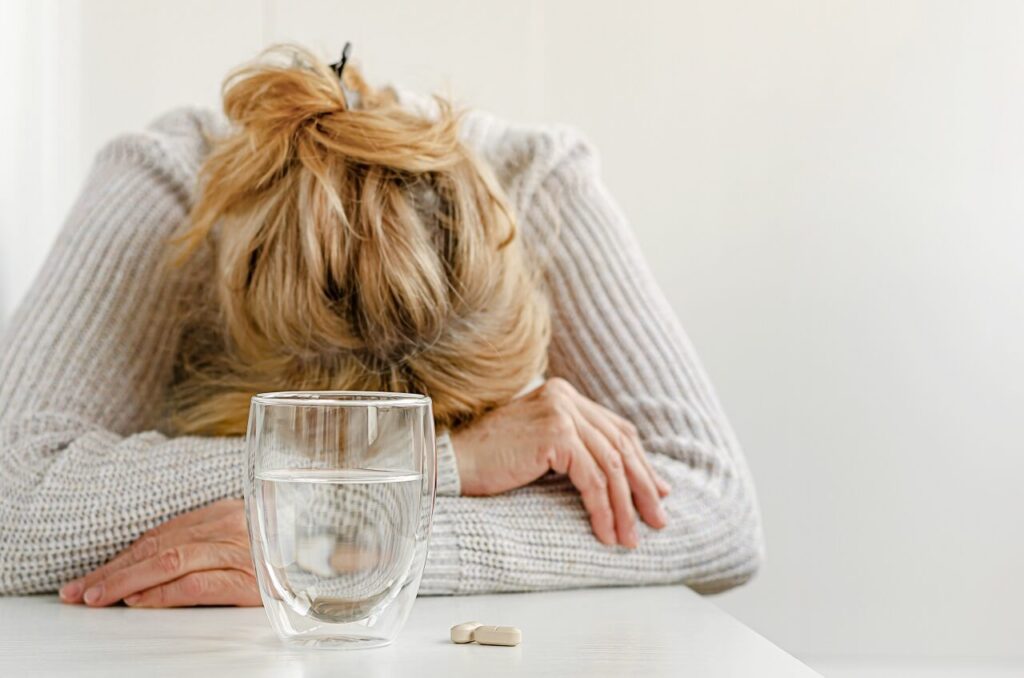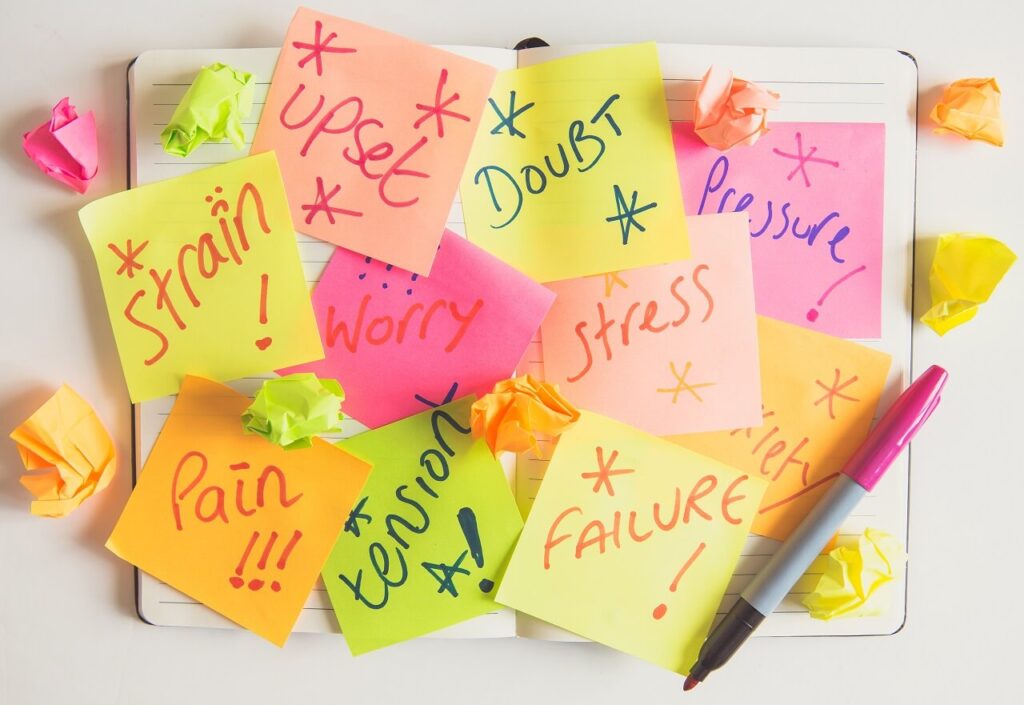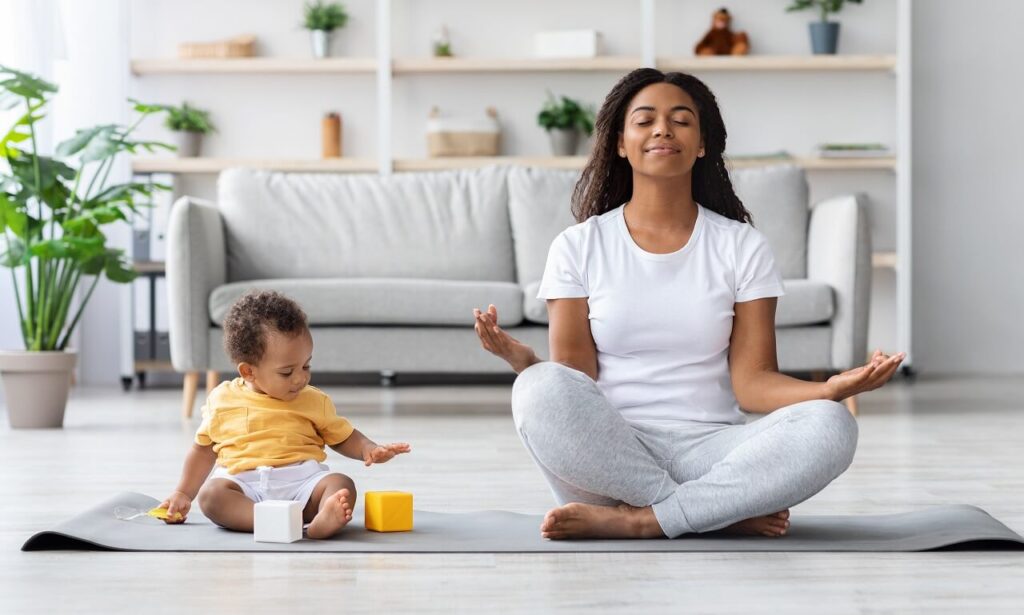A stable life, healthy habits, emotions, and thoughts require excellent mental health and managing any mental health disorders. Concentrating on mental health care can boost productivity, improve self-perception, and strengthen bonds with others. As we know, a healthy mind can significantly impact our mental, physiological, and social well-being. When we have to make complex decisions, handle stress, and interact with others in our surroundings, our mental health plays a significant role.
However, mental health is not something we can handle once and then move on. At every point in our lives, it is crucial. We must be aware of and treat mental health care at all stages of life, from childhood to adulthood. Caring for our mental health can also provide the following advantages:
- Lifting our spirits and lowering our fear
- Fostering a greater sense of inner calm
- Higher level of clarity and enhanced our connections
- Increasing our sense of self-awareness

The most common mental health problems are depression, anxiety, and stress. But many people are unaware of their mental health; they do not know how to cope with anxiety and depression. Let us understand depression and anxiety and how to deal with them.
What is Depression?
Depression is not experiencing sadness for an hour or a day, and it is not something that should be exalted. It is not lovely. Depression can range from one extreme to the other; you might be so happy or depressed that you do not think the world will ever be colorful again.
Finding yourself on the verge of tears due to dropping your water glass describes depression. Instead of feeling the impulse to tidy up the mess, you want to cry on the floor. Not combing your hair for several weeks gives you a sense of security. You may have depression or panic attacks at work, while driving to a birthday party, in a store, or even in a crowded place. On some days, even beautiful days, you nearly feel incredibly gloomy.
Symptoms of Depression
If you might only experience depression once in your lifetime, most people share many bouts. During these periods, signs can include any of the following and may last for most of the day:
- Sorrow, tears, loneliness, or a sense of futility
- Irrational behavior, irritation, or frustration, especially about trivial issues
- loss of enjoyment or interest in most everyday activities, including hobbies and sports
- Sleep disorders, such as insomnia or excessive sleeping
- Due to fatigue and a low level of energy, even simple tasks need more effort
- Losing weight and lack of appetite, or weight gain and increased desire for food
- A feeling of unease, anxiety, or worry
- Sluggish speech, posture, or other body gestures
- A sense of shame or unworthiness, a fixation on mistakes made in the past, or self-blame
- Problems with memory, concentration, decision-making, and thought

Sadness versus depression
While melancholy is a universal emotion, not everyone experiences depressive disorders. Sadness is expected when someone loses their job, ends a relationship, or loses a loved one.
Due to the differences in symptom strength and impact on a person’s life, depression is distinct from sadness. Mental health professionals will seek to distinguish between the two and determine whether the person is suffering from a mental health illness or is simply feeling normal emotions due to their experiences.
Grief versus depression
Sadness, rage, and despair are typical and anticipated responses to the loss of a loved one or other types of loss. Many people who encounter a loss will develop depression, but not everyone will.
Coping with depression
Depression is not enjoyable, amusing, or something you should add to your personality just because you think it is cool. Depression is a severe and nasty condition that affects a lot of individuals. You do not just wake up and choose not to feel helpless; depression does not immediately disappear.
Crying is acceptable. Being feeble is OK. You are a human, not invincible. You can suffer and feel how empty it is. Work things out and enjoy every cry. Sob uncontrollably and destroy your mascara. Stop acting fake. Remove your mask if you are worn out and collapse.
Anxiety
A lot of us work all day. We barely have time to sit and think as we rush from one thing to the next. When we pause, the thinking we have been putting off all day may suddenly hit us, and That’s Anxiety. There are several causes for experiencing increased Anxiety in the evening. Since we are all unique, our circumstances or fears will differ. However, there are specific overarching themes in Anxiety.
Longer-term problems could enter the anxiety party, and we might have told ourselves that we’d think about them later or ignored them throughout the day. Sometimes “later” turns out to be an evening.
We’re worried about how well we can perform our duties (despite only ever receiving valuable feedback). We could be concerned about money. Our worry may increase because we believe our friends despise us if they haven’t responded to our most recent communication.
Concerning the future
If long-term worries and dealing with the day’s events aren’t enough to worry about, we might also begin to consider the day after that and beyond. We can worry about something we need to do, keep in mind, or handle.
Those with these frequently reported anxiety symptoms:
- Feeling on edge, tense, or irritable
- Concerned or frantic thoughts
- Problems with concentration or attention
- Alterations in eating or sleeping habits
- Anxiety and difficulty remaining motionless
- Avoiding frightening circumstances
- Sweating, shivering, or other strange physical feelings
- Feeling “zoned out,” “dissociated,” or unconnected
- Some symptoms of panic attacks include intense fear, a rapid heartbeat, or difficulty breathing
- Tense muscles
- Having trouble falling or staying asleep
Panic Attacks
Panic disorder is severe feelings of Anxiety that appear quickly and often continue for several minutes. When having a panic attack, people frequently state that their hearts are pounding, they are experiencing chest pain, and they have trouble breathing.

How to deal with Anxiety and depression?
Adapting certain aspects of one’s lifestyle can assist manage Anxiety and depression.
- Meditation and mindfulness techniques can help people unwind, reduce stress, and break free from worrisome thoughts.
- Regular exercise and an active lifestyle assist in balancing anxiety-related neurochemicals and stress hormones.
- Sleeping for 7-8 hours each night reduces stress, enhances concentration and performance, and guards against physical and mental health problems.
- Reducing caffeine intake can also help people with anxiety problems, as caffeine’s stimulating effects can cause Anxiety.
- Spending time with friends and family.
- Conduct mindfulness meditation exercises.
How to obtain treatments for Anxiety or depression in Dubai?
There is a nationwide campaign to recognize mental health awareness every year because it may be one of the most critical concerns the healthcare sector is currently confronting. Fighting the stigma, helping those in need and their loved ones, and promoting policy changes are all important aspects.
The best way to deal with anxiety and depression is to share your worries with your family, friends, or loved ones. Moreover, if you feel you can’t get rid of it, go for professional health. If you need a therapist in Dubai, contact Call Doctor or visit our website.




